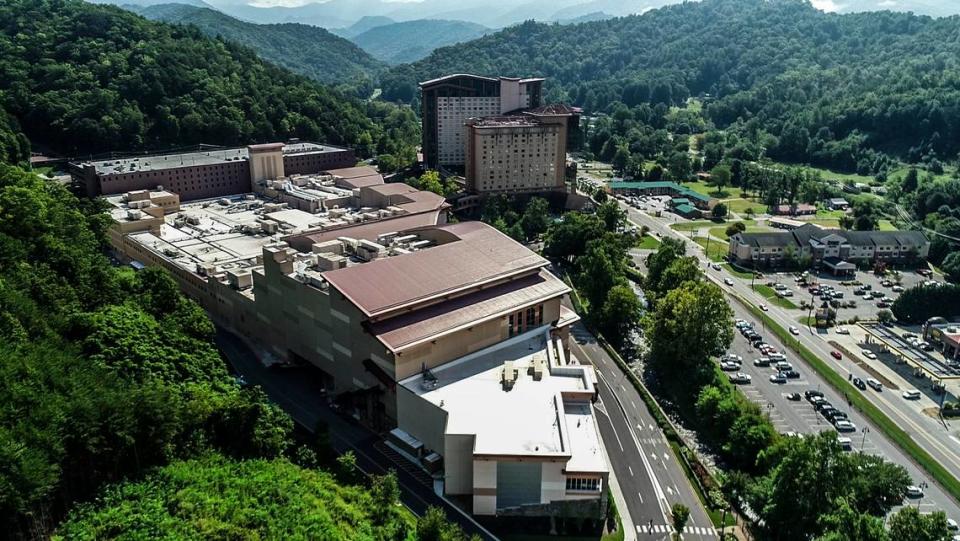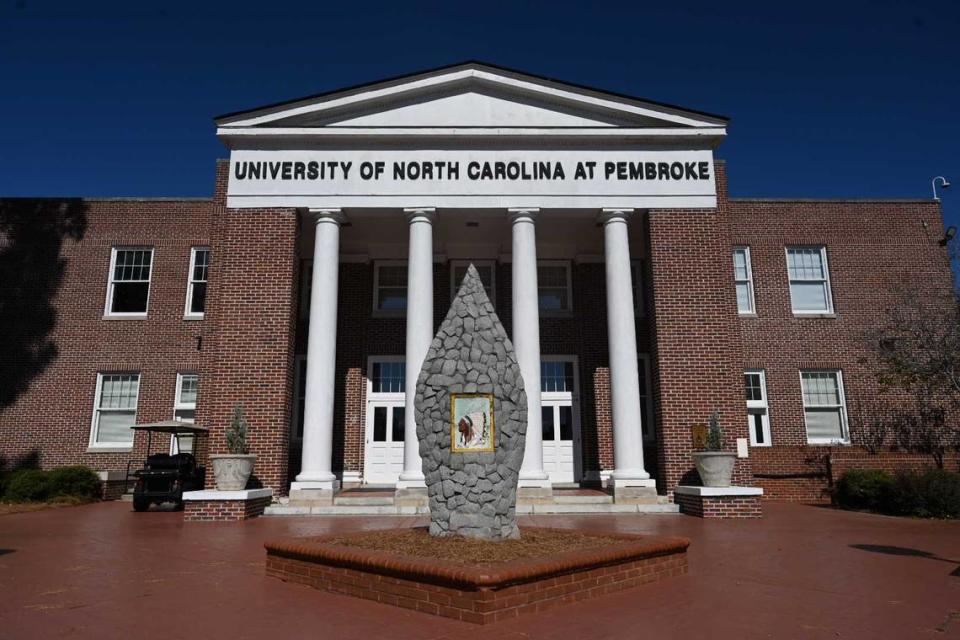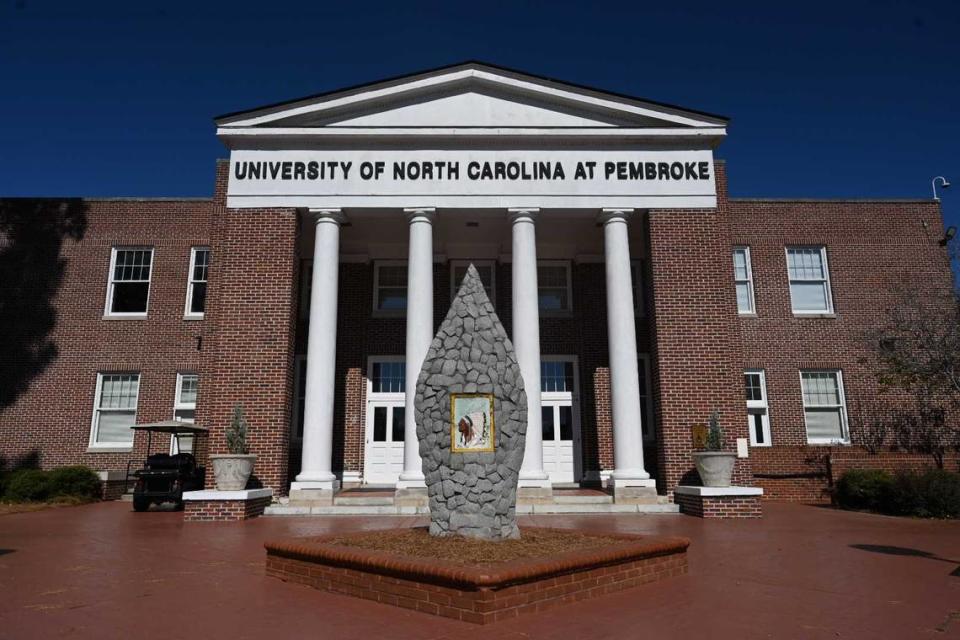A plan to legalize sports betting in North Carolina would provide about $300,000 per year to 10 universities across the state whose athletic programs struggle to pay for themselves.
House Bill 347, which was passed with bipartisan support by the House in late March, would legalize sports betting online and in lounges at professional sports venues.
Betting on sports is illegal in North Carolina now except for at Cherokee tribal casinos in the western part of the state, where it was approved in 2019, and at Catawba Two Kings Casino in Kings Mountain, west of Charlotte, where it launched last fall.
Gamblers can bet on college and professional games such as football, basketball, baseball, golf and NASCAR racing, but they have to go in person to one of the three casinos.
Which universities would benefit
Jennifer Haygood, senior vice president for finance and chief financial officer for the UNC System, told members of a UNC Board of Governors on Wednesday that if the measure is approved by the Senate and approved by Gov. Roy Cooper, it’s expected to generate at least $300,000 per year for each of 10 UNC system schools: Elizabeth City State, Fayetteville State, N.C. A&T, N.C. Central, UNC Asheville, UNC Greensboro, UNC Pembroke, UNC Wilmington, Western Carolina and Winston-Salem State.
Each of those schools has sports programs, but unlike UNC-Chapel Hill, N.C. State, East Carolina, UNC Charlotte or Appalachian State, none generates enough money from ticket sales, merchandising, television rights or other sports-related revenue to fully cover the cost of the programs.
At those 10 schools, students pay higher athletic fees to help pay for salaries, facility maintenance, team travel, equipment, uniforms and other costs.
For example, in the Fall 2023 semester, students at UNC Greensboro taking 12 credit hours will pay about $405 in athletics fees, about twice as much as students at UNC-Chapel Hill will likely pay.
Revenue from sports betting could reduce those fees for students.

Betting proceeds would also be used to:
-
Give $1 million per year to the state Division of Parks of Recreation for local government grants to expand youth sports.
-
Give $1 million per year to the N.C. Outdoor Heritage Advisory Council to make grants to counties to help pay for travel to sporting events and team activities, along with grants to help attract state, regional and national sporting events, tournaments and programs for nonprofessional athletes.
Still, many lawmakers are opposed to the bill on the grounds that gambling is immoral and that the industry preys on the poor.
The Board of Governors is holding its regular committee and business meetings Wednesday and Thursday on the campus of UNC Pembroke in Robeson County. The board occasionally moves its regular monthly meetings to one of the system campuses across the state.

Project Kitty Hawk
The board’s budget committee also got an update Wednesday on Project Kitty Hawk, which will begin this fall offering online college courses. Now, UNC System researchers say, about two-thirds of North Carolinians who take online college courses enroll in programs out of state.
Project Kitty Hawk would allow the state to recapture that business.
The budget committee was asked to recommend to the full Board of Governors a cap of $500 per credit hour for in-state undergrad students and $800 per credit hour for grad students in Project Kitty Hawk. Researchers said those rates would cover the cost of the program but would be competitive with out-of-state online education.
The most popular online college courses, the report said, are in nursing, business, law enforcement, education and liberal arts.
The committee approved the request.
